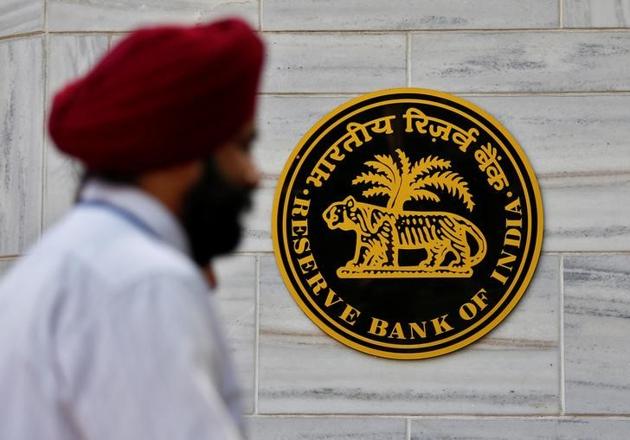Demonetisation: Why PM must pay attention to YV Reddy’s warning on RBI
Former RBI governor YV Reddy doesn’t have a reputation for speaking out of turn. If he has chosen not to sit out, there is reason to believe the credibility of the RBI has been seriously undermined
Yaga Venugopal Reddy is a man of few words, but his words carry a lot of weight — especially in the world of finance. Earlier this week, the soft-spoken former governor of Reserve Bank of India chose strong words to describe the state of play at the central bank. The “institutional identity of the RBI has been damaged” and it is facing “reputational risk”, Reddy told a television news channel, referring to demonetisation — the way the decision was made and handled.

It would be a mistake to club Reddy’s comments with the barrage of criticism the government has faced since it announced a ban on Rs 500 and Rs 1,000 currency notes on November 8. There are few central bankers in the country who match Reddy’s intuitive understanding of the financial markets and his long years of experience in economic administration. In 2003, when he was offered the top job at the RBI, he refused to sign up for the usual three-year term. He came on board only after Prime Minister Atal Bihari Vajpayee’s government agreed to a five-year term. Vajpayee knew the worth of the man who would go on to shape India’s monetary policy in the peak years of its globalisation.
Read | ‘Humiliated’ by note ban events, do away with interference: RBI staff to Guv
Members of the ruling dispensation cannot brush aside Reddy’s criticism under the pretext that he was a policy maker who benefited from the patronage of the Congress. A major part of his 11-year stint at the RBI — first as deputy governor and then as governor — was under the NDA government.
Also, Reddy doesn’t have a reputation for speaking out of turn. If he has chosen not to sit it out, there is reason to believe the credibility of the RBI has been seriously undermined.
The note-ban decision is perhaps the biggest disruption India’s financial system has seen since Independence. Yet, it emerges now that the decision was taken by the government and not the RBI, although decisions such as demonetisation fall in the domain of the latter, which is a constitutional entity. Worse, according to the RBI’s own admission made before a parliamentary committee, the central bank was given just a day’s notice to execute the decision.
These revelations, which surfaced through news reports over the past week, may have prompted Reddy to come out so strongly and press for a debate on the role of “the central bank and how it should be run”. To appreciate his concern over “reputational risk”, it is important to understand the historical context in which central banks evolved from holding bullion as physical collateral against issuing currency notes to issuing the same bills based on the governor’s promise that its value would be honoured. Anything that affects the credibility of the central bank, therefore, affects the financial stability and security of a country.
Read | To implement GST, Modi must now rekindle the spirit of Team India
That said, this is not the first time that the government has consciously or unconsciously sought to undermine the autonomy of the RBI. There have been many instances in the past when the government of the day has nudged the RBI and its governor to make a decision not to their liking. But there has rarely been a precedent in which a major decision has been made without consultations. Both sides have always found a way to agree to disagree. That healthy tradition appears to have been disregarded in the case of demonetisation. The RBI’s institutional identity has been compromised and the consequences could be grave for a central bank that counts as among the world’s best and most respected — a reputation built by its illustrious governors.
Read | Demonetisation: Understanding the politics behind what PM sees as a game changer
The author is Chief Content Officer, Hindustan Times
Follow the author @rajeshmahapatra




